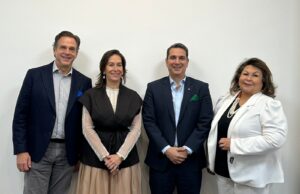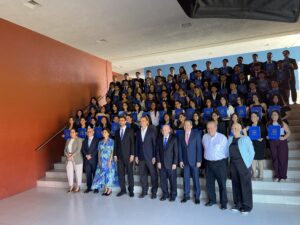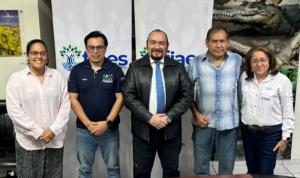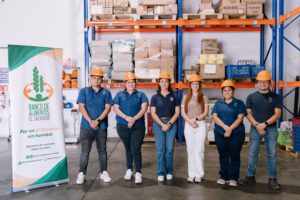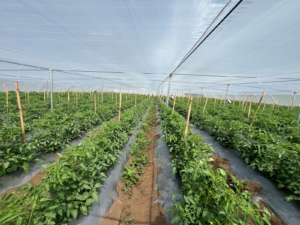
In recent decades, cities around the world have experienced unprecedented urban growth. As cities expand, the demand for resources and services increases exponentially, creating a range of environmental, social and economic challenges. In response to these challenges, the concept of sustainable cities has become increasingly relevant, with urban arboriculture as a key tool for its construction.
Sustainable cities involve the design and management of urban development in balance with the preservation and promotion of the environment, social equity and long-term economic development.

Urban arboriculture is a vital tool for the sustainability of cities. From one of its fundamental premises: “the right tree in the right place”, it underlines the importance of carefully selecting tree species and their location according to specific environmental conditions such as infrastructure, Streets, sidewalks and public services.
By applying these principles, cities can maximize the benefits that trees provide: they help to mitigate climate change by absorbing carbon dioxide and releasing oxygen, reduce soil erosion and regulate the climate. In addition to providing habitats for various species, promoting biodiversity in densely populated areas.

As part of its contributions, it also highlights the creation of healthier and more livable spaces, generating both physical and emotional benefits for people living in cities. Studies have shown that the presence of green areas is associated with better mental health, reduced stress and increased social cohesion.
Companies like AES El Salvador are aware of the crucial role of woodland in creating healthier and more sustainable cities. For this reason, since 2016 it has organized its annual Urban Arboriculture Seminar, which brings together experts, academics and professionals involved in environmental management, to encourage knowledge sharing and reflection on the relevance of integrating nature into cities through careful planning that balances urban development with environmental well-being.
Alongside these seminars, the company implements other key initiatives to contribute to urban sustainability, such as the development of renewable generation projects, the promotion of electromobility and the modernization of public lighting with efficient systems, which, in addition to contributing to the reduction of the carbon footprint, also improve the quality of life in cities by offering cleaner and more energy efficient solutions.

These initiatives are viable responses to the challenges facing modern cities, demonstrating that urban development and environmental protection are not mutually exclusive goals but complementary. Therefore, actions such as those promoted by AES El Salvador contribute to the creation of urban environments



